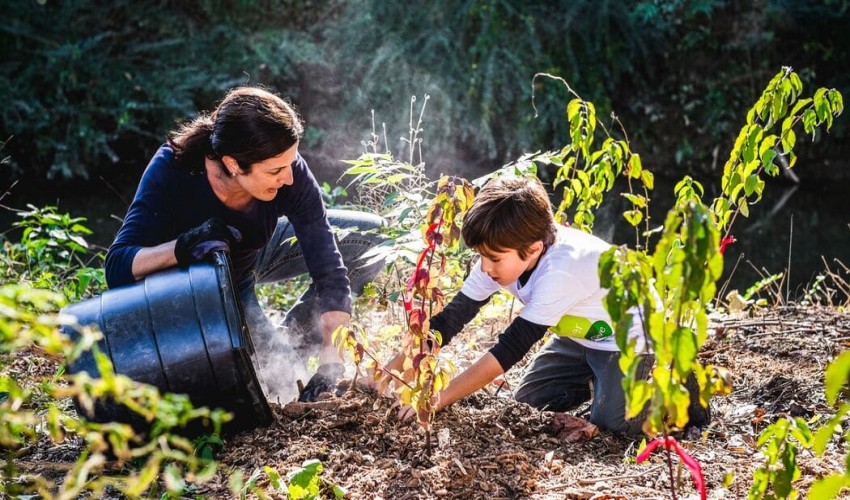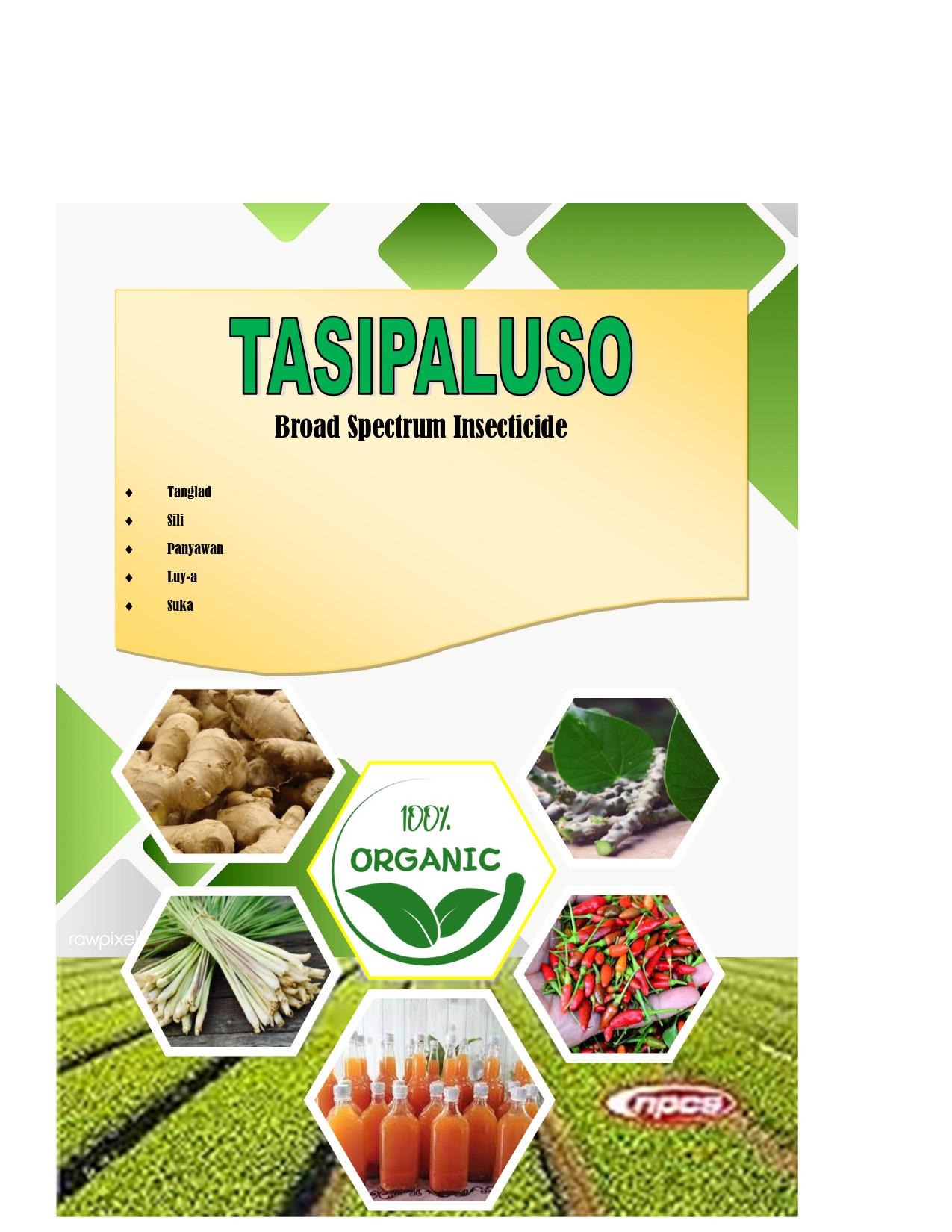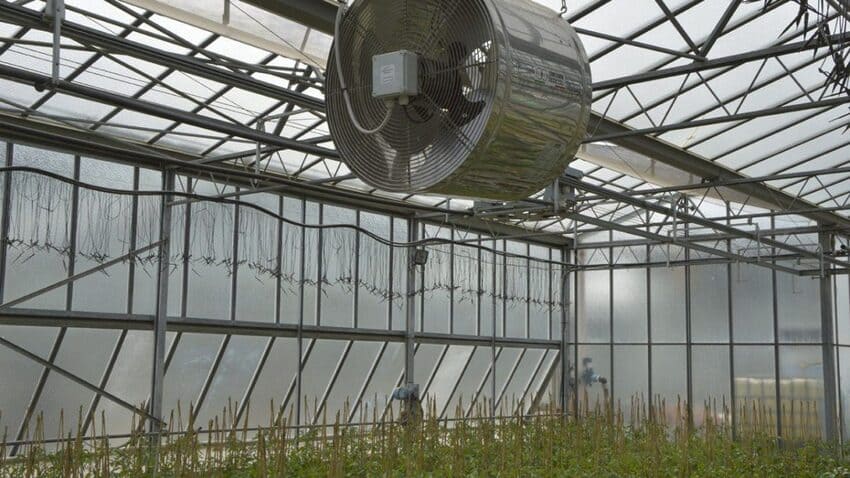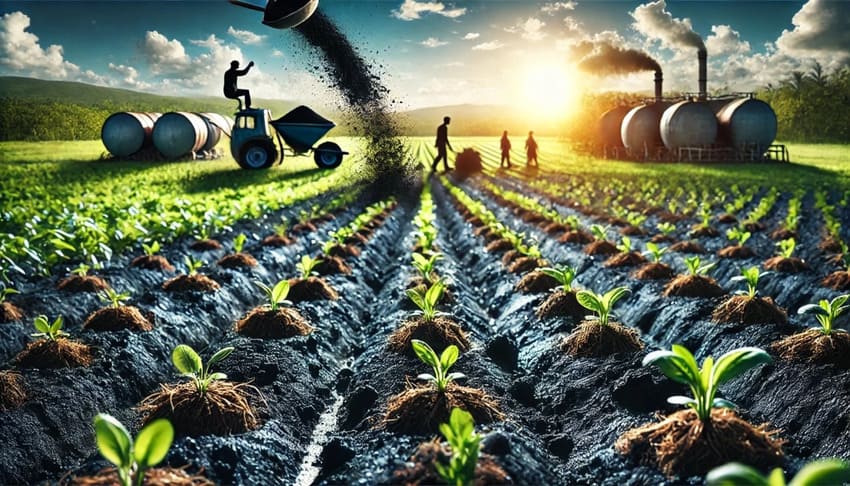Agriculture Science
8
Conservation of species via native plant gardening
- Rating
- conservation gardening
- cultivation endangered
- native plants
- promoting conservation
Many plant species are still decreasing despite worldwide efforts to safeguard biodiversity. This contains 70% of all plant species in Germany, with almost a third (27.5%) threatened and 76 species already deemed extinct. Much of this loss may be linked to the reduction in natural habitats, which is being caused in part by increased urbanisation. Settlement area, for example, accounts for 10% of Germany's total land area.
However, it is exactly these settlement areas that have immense – though unexplored – conservation potential. After all, millions of private gardens, balconies, and green roofs, as well as parks and other public green spaces, are located in these places. Researchers from iDiv, Halle and Leipzig Universities, and other organisations recommend exploiting these potentially accessible spaces for conservation gardening.
This horticulture method supports the cultivation of endangered native species. Native plants are plants that grow in their native habitat, where they have adapted to particular circumstances and co-evolved with other species. Native plants, although being crucial to the functioning of our ecosystems, are the most impacted by decline and need protection. "Gardeners have traditionally had a role in plant distribution, so why not help bring back the numerous local species that are disappearing?" asks lead author Josiane Segar, an iDiv and MLU researcher. Public and private gardens and green spaces might play an important role in protecting plant variety, but doing so would need a radical rethinking of the horticulture business."
According to the experts, the economics for conservation gardening already exists, as does the potential to restructure the sector. Horticulture is a profitable industry in several countries: In Germany, for example, plants cost 8.7 billion euros in 2018, and the trend is upward. During the corona epidemic, per capita plant expenditure surged by a record-breaking 9%. Furthermore, public awareness of biodiversity loss has increased dramatically. Planting dwindling native plants would also have obvious benefits. Many of them are suited to dry soils and would withstand droughts better than many of the species now utilised in gardening. These variables, according to the authors, may contribute to an increase in demand for conservation gardening-appropriate species if they were widely accessible in garden centres.
As a result, the researchers advise that a fundamental strategy for promoting conservation gardening would be to strengthen the relationship between the mainstream horticulture business and the domestic native seed market. Certified native seed production and selling should be encouraged via financial instruments and regulatory assistance, such as lower VAT. Garden centre product labels might serve to highlight the advantages of conservation gardening and affect the demand curve. Appropriate criteria for giving public contracts to horticultural enterprises might also stimulate the adoption of endangered native plant species in public green areas. Investing in applied research to create region-specific lists of decreasing plant species, as well as planting ideas and seed combinations for these species, might encourage a science-driven approach to gardening. Furthermore, major actors such as botanical gardens, colleges, nature conservation societies, neighbourhood cooperatives, and government agencies should disseminate critical information regarding the cultivation and maintenance of dwindling native species.
"Conservation gardening would enable a purposeful, structural shift in traditional gardening and horticulture." "Large-scale deployment does not need significant modifications to the current conservation infrastructure," explains iDiv and Leipzig University senior author Dr. Ingmar Staude. "In reality, it makes use of existing, commercially viable infrastructure to stimulate the adoption of declining species in green space planting." This might develop a concrete and inclusive kind of environmental protection for residents in an increasingly urban society."
Leave a Reply
Your email address will not be published. Required fields are marked *


